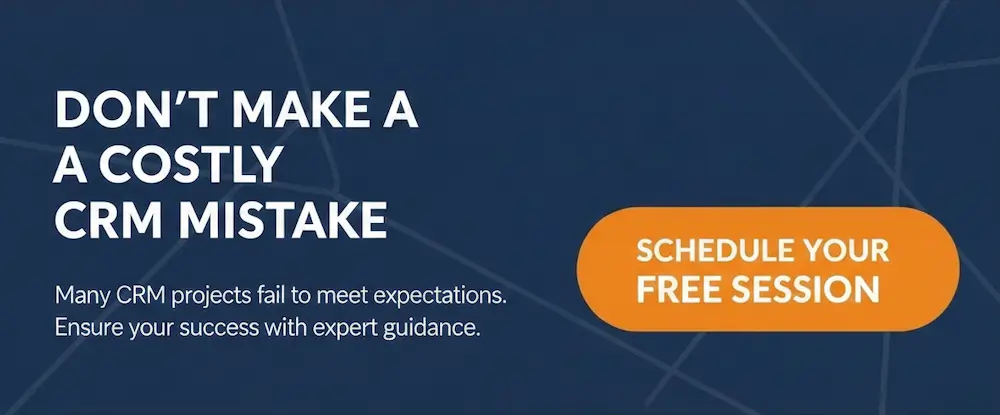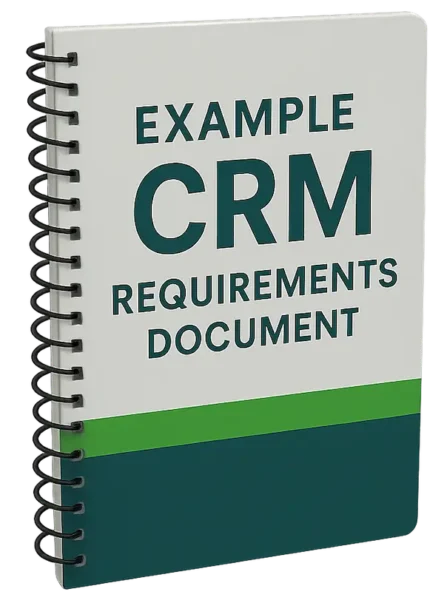 The decision to add CRM and/or marketing automation software to your business is an important consideration, and one that should be carefully evaluated before either type of system is purchased.
The decision to add CRM and/or marketing automation software to your business is an important consideration, and one that should be carefully evaluated before either type of system is purchased.
Depending on which solutions are chosen, integrating CRM and a marketing automation platform can present a fresh set of challenges, and so it’s a good idea to clearly understand the purpose of each one individually, and the goal of having the two systems working together.
It’s easy to get caught up in the marketing hype and occasional grandiose promises of both CRM software and marketing automation platforms, and it’s all too easy for businesses owners or executives to suddenly become convinced that one or both products are the answer to all their respective problems.
While both CRM and marketing automation systems are complex, multi-faceted products that require significant investments of time to learn and implement, for the purposes of this article I’ll stick to the broadly accepted core functionality of each when talking about their intended uses.
When Do You Need CRM?
Generally speaking, there aren’t many businesses that wouldn’t benefit from CRM. One of the notable exceptions that comes to mind is online retailers, simply because their business processes are usually both highly automated and don’t require an inside or field sales team to acquire or maintain customers.
With that exception aside, here are some questions to ask yourself about your business that could indicate that it would benefit from a CRM system:
- Do you need to manage customers, prospects, or both?
- Do you have a dedicated sales team? Are they responsible for simply maintaining existing business or acquiring new business?
- Is it important to keep a recorded history of conversations, emails, documents, and other customer-related information in a single repository that many or all employees can access?
- Do you have multiple independent databases of customer information that you want to condense and/or integrate into a single source?
- Would sales staff (or other employees) benefit from being able to remotely access customer information from a mobile device like a tablet or smartphone?
If the answer to some or all of the above questions is “yes” — then it’s likely your business would benefit from having a CRM solution of some kind.
When Do You Need Marketing Automation?
Marketing automation software is rapidly becoming the other half of the equation for businesses that have already made the investment in a CRM solution. Broadly speaking, marketing automation software is most commonly purchased and implemented to “feed” the CRM system leads.
Here are some questions you can ask yourself to determine if marketing automation software would be helpful to your business:
- Do you want or need an additional source of leads for a salesperson or sales team to sell to?
- Do you have an existing pool of leads — newsletter subscribers, tradeshow attendees, previous or current customers — that you would like to leverage for additional sales efforts?
- Do you have a website or blog that generates unique visitors that isn’t being leveraged to capture new leads?
- Are you currently performing a lot of marketing tasks manually that would save a lot of time by being automated?
- Do you have any assets — white papers, case studies, templates, guides, reports, etc. — that website visitors and other potential prospects might find valuable if offered to them?
Again, if the answer to some or all of the above questions is “yes”, then it might be time for your organization to start considering a marketing automation platform.
When Do You Need Both?
The quick and obvious answer to “when do I need both?” is, “if you answered yes to all the questions above”.
The slightly longer answer is that for businesses that have a sales team that is managing a moderate to large amount of customers and/or leads, and also needs to regularly acquire new customers and leads, then both CRM and marketing automation software are likely a good fit.
For companies that only have a few large clients, and that don’t need to acquire new business month-over-month, than they probably don’t need marketing automation, and may not even need CRM either.
If your business is considering whether or not to purchase either or both CRM and marketing automation software, it’s important to carefully evaluate the current business processes, goals, and existing systems to see if one or both make sense. Neither CRM or a marketing automation solution will entirely solve a company’s particular problems simply by virtue of being there, so be sure to understand which problems your business is trying to solve before committing to a particular solution.



